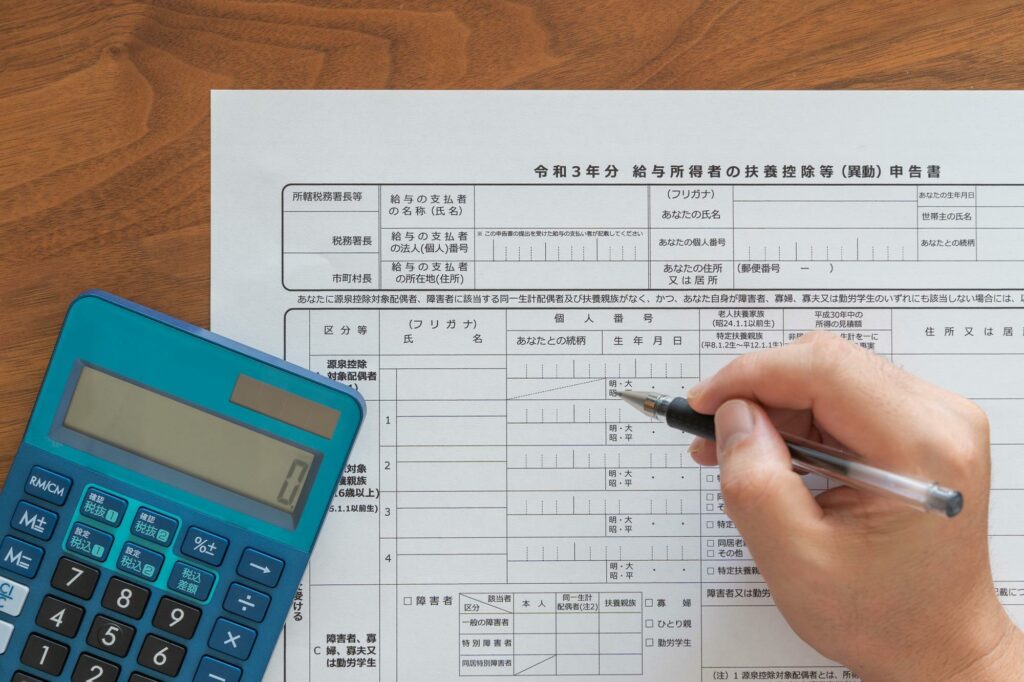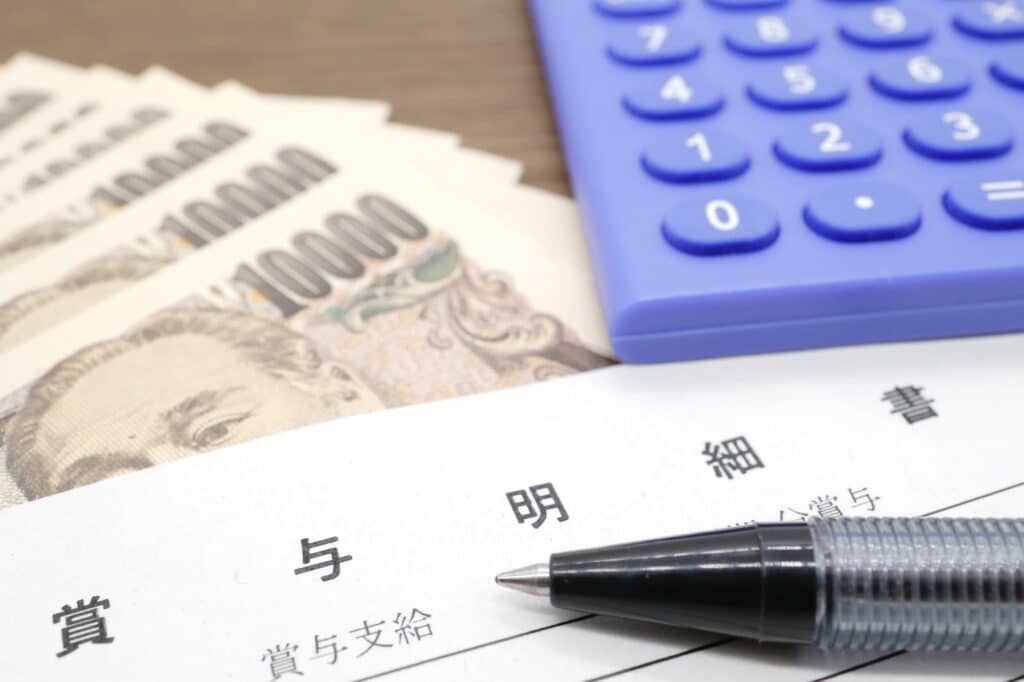
Payroll Outsourcing in Japan
Japanese Yen (JPY)
English
Working Days
Monday to Friday
Working Hours
40-48 hours/week
Types of Employment Contracts
Fixed & Indefinite Term Contracts
Probation Period
1 to 6 months
Payroll Cycle
Monthly
Payroll Tax
5% - 45%
Hire and pay employees across the globe
- Cost-effective payroll services
- Maintain regulatory compliance
- Enhanced payroll data security
Establish Your Business Operations In Japan
Japan is the third-largest economy in the world after the United States and China. It is home to a broad consumer market, meaning the opportunities are endless for businesses, both small and big. But even if you have the best offerings in the world, if you don’t get payroll processes right, you’ll have a hard time establishing your brand in the Japanese market.
Like most companies, if you plan on building your in-house payroll team in Japan, here’s a hard truth. While handling payroll functions in-house comes with its own benefits, it is both time-consuming and resource-intensive. You’ll have to invest a lot of capital upfront, which might strangle your budget for other business functions vital for international expansion.
A better way to ensure payroll compliance and seamless direct access to the Japanese market is by outsourcing your payroll.
Payroll Outsourcing: An Ideal Measure For Business Expansion
Operating in Japan comes with a lot of challenges. Even the most experienced foreign organizations have a hard time understanding the local regulations and business processes. So, no matter how experienced you are in your field or at global payroll processing, a little help can help you seamlessly establish yourself on Japanese soil.
When you outsource payroll, you get knowledgeable professionals handling your payroll process. This means zero payroll errors and a happy and productive workforce. Beyond ensuring your employees are paid accurately, most payroll outsourcing companies in Japan also handle the hiring, regulatory, and tax filing processes. This means you save a lot of time and can focus more on your core business.

Grow Your Business With Our Outsourced Payroll Solution
As a foreign organization, one problem you’ll face commonly in Japan is the language barrier and cultural differences. If you wish for your Japanese entry to go smoothly, you need to have a good understanding of how things work in the Japanese corporate world.
With Edge as your payroll outsourcing provider, this part of the equation will be easy to master. We will provide you with all the tools you need to make your business succeed in Japan. Plus, we will do all the legwork for you when it comes to payroll management and applicable taxes. This gives you more time and resources to improve your offerings and ensure quality assurance.
Our Initial Payroll Processing Offerings
As soon as you are onboard, we’ll help you register your business with the Japanese Labor and Social Insurance systems. Once that’s done, we’ll gather your employee data and have them enrolled in the same system. Then, we sit together with you to understand how you wish to process payroll and, based on your requirements, devise a strategy for cost savings and improved efficiency. We can also help you set up a bank account for your employees so their salaries can be transferred to this account easily every month.
Our Monthly Outsourced Payroll Functions
Considering you opt for a monthly payroll frequency, we do the following for you every month.
- We calculate employees’ gross salaries, deduct income taxes and contributions, and then determine the net wages.
- We draft payroll reports for you, statements for your employees, and payslips for tax authorities.
- We transfer the appropriate wages to employee bank accounts.
Our Yearly Payroll Outsourcing Work
Every year, we do three important payroll processing tasks for your business. First, if employees are entitled to bonuses, we handle the procedure for you. Second, we do the year-end payroll processing work, which includes filing the annual tax report, making tax adjustments, and withholding. Third, we do the annual salary report for local tax purposes.
We Make Managing Payroll Easy
At Edge, we have designed our payroll outsourcing model to fit your business goals and needs. Whether you want us to run payroll bi-weekly, monthly, or something else, we are open to doing so. As a trusted service provider, we aim to help you meet your goals and succeed in the Japanese market.
In addition to assisting you with your payroll operations in Japan, we can also help you with onboarding new employees and drafting contracts as part of our extended Human Resources services (HR services). Contact us to learn more about how we can be of help.

Processing Payroll In Japan: Everything You Should Know
Minimum Wage
The minimum wage an employee is entitled to in Japan varies based on the prefecture (Japan is divided into 47 prefectures). However, to give you an idea, in bigger cities like Tokyo, Osaka, and Kyoto, the minimum wages are around JPY 985, 936, and 882, respectively.
As an employee accumulates experience, they will have the opportunity to be promoted and receive higher wages.
When it comes to frequency, most companies work with payroll outsourcing providers and run their payroll monthly. This means the payroll outsourcing companies will complete each payroll function before the second last week of every month and transfer salaries on the 25th. Nonetheless, international companies often have varying payroll periods, with some having their outsourced payroll providers do the processes bi-weekly.
Working Hours And Overtime
In Japan, the government-mandated working time is 8 hours per day. That accounts for 40 hours per week. Most organizations run from 8:30 am to 7:00 pm, and this time slot includes a one-hour lunch break. Nonetheless, the workday time slots aren’t set in stone. Some small businesses may choose to open at 9:00 am and work till 7:30 pm. There are also businesses that close at 5:00 or 6:00 pm.
When an employee works for a significantly longer period of time in a week, they’re entitled to overtime wages. Management positions are an exception to this rule, and it is also not uncommon for employees to work a certain amount of overtime hours in Japan.
While employees working overtime occasionally isn’t a huge problem, if an employer wants their staff to work overtime regularly, a written agreement, “Article 36,” should be drafted and signed. This agreement should then be submitted to Japan’s Labor Standards Inspection Office.
The maximum overtime hours an employee can work is 5 hours each day. The wages for overtime work are calculated as shown below.
- First 60 hours of overtime – Monthly salary + extra 25%
- Overtime exceeding 60 hours – paid based on the agreement
Severance & Termination
The Japanese government has not set strict rules for severance pay. Organizations in Japan can dismiss a staff after one year of service. If an employee is dismissed without fault, they should be given a severance pay that typically accounts for around 2 months of service. Depending on how long they have been in service, this can go up to 12 months.
Both the employer and employee can also initiate a termination. But, terminations involve specific procedures and include a notice period. The duration of the notice period will depend on how long an employee has been in service and the reason for termination.
Payroll Taxes And Deductions
In Japan, the government collects taxes and insurance contributions from an employee’s paycheck. The amount collected is often based on the employment contract as well as the employee’s resident status.
The social security contributions are split between the employer and the employee, with the former paying 16.24% and the latter paying 15.28%.
Employee Paid Time Off And Holidays
In Japan, employees get paid time based on how long they have been working at their respective organizations. Here’s how that works:
- After 6 months of being in service – 10 days of paid leave
- After 1 year and 6 months – 11 days of paid leave
- After 2 years and 6 months – 12 days of paid leave
- After 2 years and 6 months – 12 days of paid leave
- After 3 years and 6 months – 14 days of paid leave
- After 4 years and 6 months – 16 days of paid leave
- After 5 years and 6 months – 18 days of paid leave
- After 6 years and 6 months – 20 days of paid leave
Employees can accumulate their paid leaves and use it all together. But they should speak with the management before doing so. Unused annual leaves are valid for only 2 years.
There are also 16 public holidays. While employers are required to pay employees for their time off these days, many organizations still do it as an added perk. Similarly, the Japanese government doesn’t mandate sick leave, but organizations do have their own policies surrounding time off for medical emergencies.
Parental Leave
Japanese parental leave includes both maternal and paternal leave. Mothers are entitled to 6 weeks of paid leave before childbirth and 8 weeks after. It is to be noted that they don’t receive 100% of their average salary, but only 60%.
There are no strict rules surrounding paternal leaves. According to a recent law, fathers can take up to 4 weeks of paid leave within 8 weeks after childbirth.
Hire the right way
Let our team handle all of the compliance and payroll on your behalf
Frequently Asked Questions
How are salaries paid in Japan?
In Japan, most organizations work with a payroll outsourcing company to pay their employees once a month. Payroll professionals begin the tasks days before the date of salary disbursement, which usually falls on the 25th of each month.
The salary is deposited directly into the employees’ bank accounts, but some companies still pay with physical cheques or electronic transfers. The payroll provider will give employees pay slips detailing their salary, deductions, and other details.
What are the processes of payroll in Japan?
Processing payroll involves several tasks, such as calculating each employee’s total earnings, deducting taxes and social security contributions, filing tax forms, and, finally, delivering the salaries to individual employee accounts. You can get these processes done either using payroll software or by outsourcing payroll to a third-party company.
At Edge, we have numerous years of experience offering outsourced payroll services to successful businesses, and we can do it for you. Reach out to us for a free consultation today!
What is the formula for payroll?
At Edge, we calculate employee salaries under our payroll outsourcing services using the formula: Net Salary = Gross Salary – Gross Deductions. However, this is just a simplified equation. The actual calculation involves taking into consideration the basic salary, allowance, one-time payments, bonuses, paid time off, HRA, DA, etc. This means it is quite easy to make payroll errors if you aren’t an expert in the field.
The good news is that you don’t have to spend countless hours mastering what an outsourced payroll provider does. Instead, you can outsource payroll to Edge, and we will take care of the calculation without payroll errors. This way, you can remain compliant while having more time to focus on your core function.
How to choose a good payroll outsourcing provider?
When it comes to choosing the right Japan payroll outsourcing company, there are a few things to keep in mind. First, you should ensure the provider you outsource payroll has a good track record of helping businesses succeed. Second, they should be experts who don’t make random payroll errors. Third, they should know the rules and regulations in Japan, like the back of their hand so they can help you avoid non-compliance.
At Edge, we offer you all these advantages of outsourcing payroll services and more. As a trusted payroll outsourcing provider, we keep your sensitive data safe and give you more value for your money. Contact us to discuss your payroll outsourcing needs.
How much does it cost to outsource payroll in Japan?
The cost of working with a payroll outsourcing provider will depend on how many of your payroll tasks you wish to outsource. For instance, having a payroll outsourcing provider handle 100% of the functions will cost you more money than handing over a few of the payroll tasks. In addition, outsourcing companies also charge based on how frequently you run your payroll and how many employees you have in your organization.
If you’re in the process of choosing between outsourced payroll providers, contact us to learn more about our services rendered.


